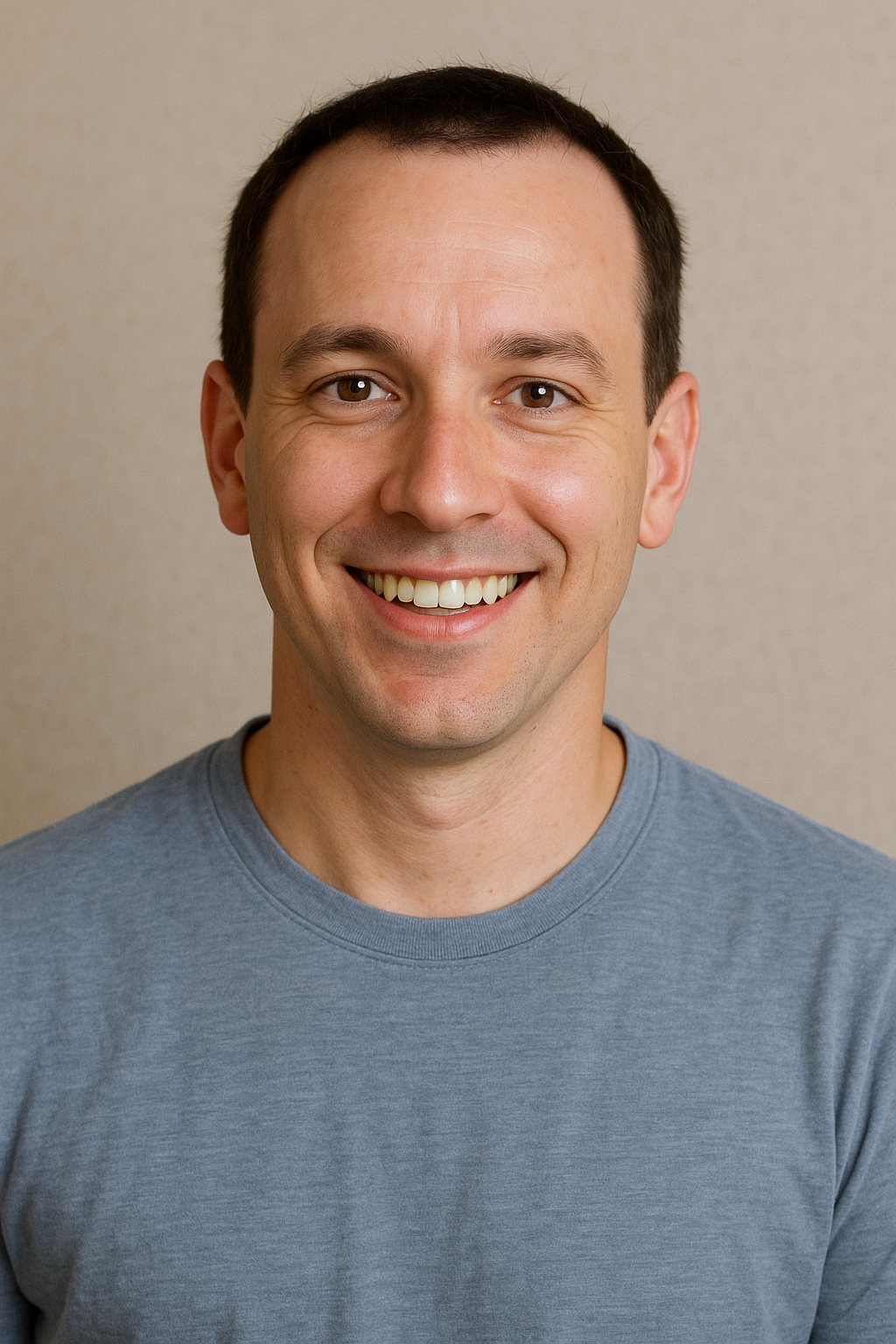Landing a barista job might seem simple — especially if you love coffee and enjoy working with people. But in reality, the interview is where most candidates lose their chance.
Not because they lack skills, but because they show up unprepared, unaware of how to present themselves as serious professionals.
Hiring managers are looking for more than someone who knows how to make a latte. They want baristas who are clean, coachable, team-oriented, and confident under pressure.
In this article, we’ll break down the most common mistakes beginner baristas make in job interviews — and how to avoid them.
Why Interview Preparation Matters in Hospitality
The barista role is about more than pulling shots. You’re the face of the café, interacting with customers, handling food and equipment, and working under pressure. That means your attitude, communication, and hygiene habits matter just as much as your technical skills.
Café owners and managers want to see if:
- You take the job seriously
- You understand the basics of the role
- You’ll represent their business professionally
- You’ll be a good fit for the team
Making one or two mistakes in the interview might be fine — but multiple red flags? You’ll likely be passed over.
Let’s go through the biggest mistakes to avoid.
Mistake #1: Showing Up Late (Even By 1 Minute)
Punctuality is non-negotiable in the coffee world. Cafés rely on fast, precise routines — and staff who show up on time. If you’re late to the interview, it’s a loud signal that you’ll be late on the job, too.
What this tells the manager:
- You don’t respect their time
- You’re not reliable under pressure
- You might not take the job seriously
What to do instead:
- Aim to arrive 10–15 minutes early
- Plan for traffic, parking, or delays
- If something unavoidable happens, call ahead immediately to let them know
Early is on time. On time is late.
Mistake #2: Dressing Too Casual (or Too Formal)
Many barista interviews happen in relaxed, café settings — but that doesn’t mean you can show up in gym clothes or something sloppy.
Bad outfit signals:
- Oversized hoodies, ripped jeans, flip flops
- Stained clothes or strong perfumes
- Wearing a full suit (too formal and out of place)
What to wear instead:
- Clean, casual-professional clothing
- Neat sneakers or comfortable closed-toe shoes
- Simple colors (black, white, earth tones are great)
- Hair tied back if it would be during a shift
Dress like you’re ready to jump behind the bar — neat, clean, and practical.
Mistake #3: Saying “I Just Need Any Job Right Now”
Even if it’s true, this is the wrong way to say it. Managers want to hire people who actually care about the role — not someone who’s just passing through.
Why this backfires:
- It shows you’re not interested in coffee or hospitality
- It implies you might leave as soon as a better offer shows up
- It suggests you won’t be motivated to learn or grow
What to say instead:
- “I’m really excited to learn more about coffee.”
- “I enjoy working with people and I want to grow in this industry.”
- “I love the café environment and want to be part of a team like this.”
Show genuine interest, even if you’re just starting out.
Mistake #4: Talking Too Much (or Too Little)
Interviews are conversations. Some beginners talk way too much — others barely say a word. Both are problems.
Oversharing:
- Going off-topic for long stretches
- Interrupting the interviewer
- Talking about personal drama or bad past jobs
Saying too little:
- Giving only yes/no answers
- Offering no examples or stories
- Failing to ask questions at the end
What to do instead:
- Practice answering common questions with brief, clear answers
- Keep stories short but relevant
- Show enthusiasm without taking over the conversation
- Ask at least one question about the café or the role
Balance is key.
Mistake #5: Not Knowing Anything About the Café
This is a major red flag. If you haven’t even taken time to look up the café, its vibe, or its coffee offerings, it shows a lack of initiative.
Red flags include:
- “I don’t know what you serve here.”
- “Is this place part of a chain?” when it clearly isn’t
- Not recognizing the café’s specialty or style
What to do:
- Visit the café beforehand, if possible
- Read their website or social media
- Learn if they use specialty beans, offer alternative milks, or have a specific brand identity
Being informed shows real interest — and earns respect.
Mistake #6: Lying About Your Skills
Some candidates feel pressure to sound like pros. They say they can steam milk, dial in grinders, or do latte art — but can’t deliver on the job.
Why this fails:
- Most managers will test your skills eventually
- Being caught in a lie ruins trust
- It sets you up to fail during training
What to say instead:
- “I’ve practiced steaming milk, but I still need to improve.”
- “I haven’t dialed in a grinder yet, but I want to learn.”
- “I’m confident in customer service, but new to espresso.”
Honesty with enthusiasm to learn is more powerful than fake confidence.
Mistake #7: Complaining About Past Jobs
Even if you had a terrible experience in a past job, never badmouth old managers, coworkers, or customers in an interview.
What it suggests:
- You may bring drama into the café
- You’re not professional or discreet
- You won’t handle criticism or pressure well
What to do instead:
- Focus on what you learned from past jobs
- Keep it neutral: “It wasn’t the right fit for me, but I appreciated the experience.”
- Highlight what excites you about this opportunity
Positive energy always wins.
Mistake #8: Not Asking Any Questions
At the end of almost every interview, the manager will say: “Do you have any questions for me?”
Saying “No, I’m good” sends the message that you’re not that interested.
Good questions to ask:
- “What does a typical shift look like here?”
- “How do you support new baristas during training?”
- “What’s your approach to customer service?”
- “What do you love most about working here?”
Asking questions shows that you care — and that you’re thinking ahead.
Mistake #9: Forgetting to Smile and Make Eye Contact
You could be the most qualified candidate, but if you come off cold, nervous, or disinterested, you might not get the job.
Non-verbal red flags:
- Avoiding eye contact
- Speaking too quietly
- Fidgeting or slouching
- No smile during the entire interview
Tips:
- Practice confident posture — even when you’re nervous
- Make eye contact naturally, not constantly
- Smile genuinely, especially at the beginning and end
- Speak clearly and be yourself
In hospitality, attitude is everything.
Mistake #10: Acting Like It’s “Just Coffee”
Some people don’t take barista work seriously — and it shows. They joke about how it’s “just making drinks” or “just a side hustle.”
This attitude shows:
- Lack of respect for the craft
- Lack of ambition or growth mindset
- Low motivation to learn or improve
Instead, say:
- “I know coffee is a serious craft and I’m excited to develop the skills.”
- “I love the idea of working in a fast-paced environment where I can grow.”
- “Even though I’m new, I take pride in doing things right.”
Even if it’s your first barista job — treat it like a career step.
Final Thoughts: Confidence Comes from Preparation
The best way to succeed in a barista interview isn’t to act perfect — it’s to be prepared, professional, and honest.
Avoid the mistakes that scream “I’m not ready.” Instead, focus on showing your:
- Willingness to learn
- Respect for the role
- Passion for hospitality
- Positive, team-oriented mindset
Hiring managers are used to training beginners. What they need is someone who cares enough to show up with the right energy and effort.
So take a deep breath, do your research, and walk into your interview like you belong behind the bar — because you do.

Marcelo Rodrigues is a passionate barista with over 7 years of experience in specialty coffee. He’s worked in top cafés, led barista training sessions, and now shares practical tips to help beginners and coffee lovers improve their skills. Through this blog, Marcel makes the world of coffee more accessible—one cup at a time.

